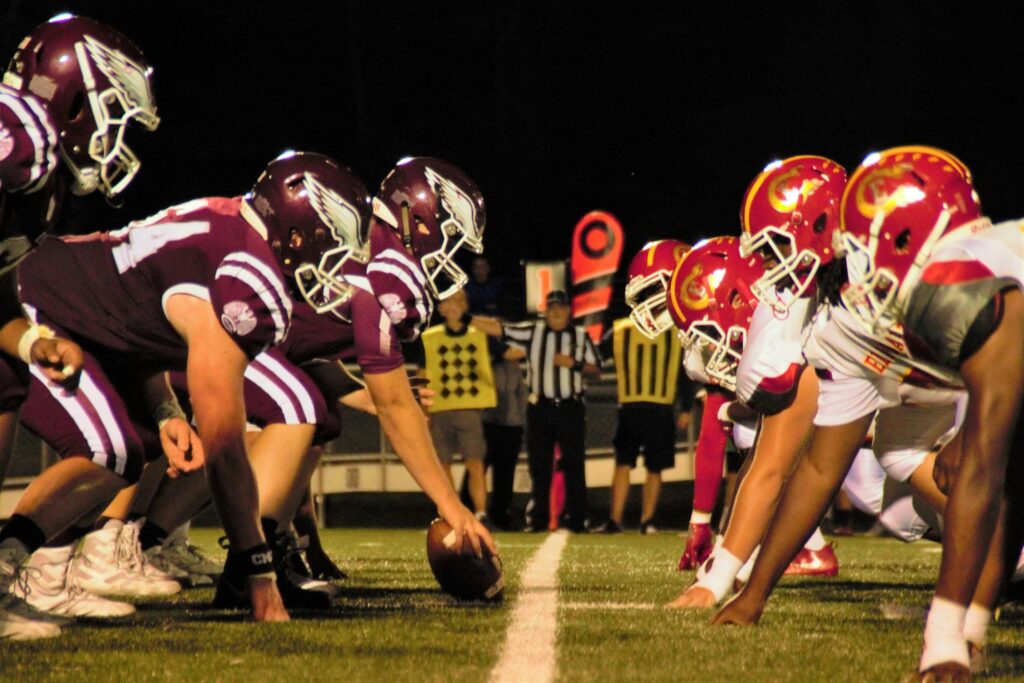
The National Football League (NFL) is currently at the center of a contentious debate over the potential prohibition of the “tush push,” a quarterback sneak play that has been notably effective for the Philadelphia Eagles. The Green Bay Packers have initiated this proposal, citing concerns over player safety and the overall pace of the game. This move has ignited passionate discussions among NFL executives, coaches, and players, with opinions sharply divided.
The “tush push,” also referred to as the “Brotherly Shove,” involves offensive players pushing the quarterback from behind to gain crucial short-yardage situations. The Eagles have demonstrated remarkable proficiency with this tactic, boasting a conversion rate exceeding 90% since its adoption in 2022. This success has prompted other teams to attempt the play, though with varying degrees of effectiveness.
During a recent football operations meeting at the NFL’s annual gathering in Palm Beach, Florida, the proposal to ban the “tush push” led to animated exchanges among league officials. Eagles’ General Manager Howie Roseman and Assistant GM Jon Ferrari were observed in a spirited discussion with Rams’ head coach Sean McVay and Bills’ head coach Sean McDermott, both members of the competition committee. The proposal requires approval from 24 of the 32 NFL teams to be enacted, with a vote anticipated on Tuesday.
Eagles’ head coach Nick Sirianni has expressed his opposition to the proposed ban, emphasizing the strategic effort invested in perfecting the play. He humorously remarked that his former coordinators, now head coaches, owe their positions in part to the success of the “tush push” and should therefore vote against the ban.
Critics of the proposal argue that the move is motivated by envy rather than genuine concern for player welfare. An anonymous NFL coach stated, “It’s weak. It’s punishing a team who became excellent at executing the play… It reeks of jealousy.” This sentiment reflects a broader debate about whether the league should penalize teams for innovating successful strategies.
Conversely, proponents of the ban, including Packers’ General Manager Brian Gutekunst, assert that the play poses safety risks and disrupts the flow of the game. Gutekunst emphasized the need for discussions on the potential dangers associated with the play, highlighting concerns over injury rates.
As the NFL deliberates on this significant rule change, teams and fans alike are closely monitoring the outcome. The decision could have far-reaching implications for game strategy and the balance between innovation and regulation in professional football.
Sources: